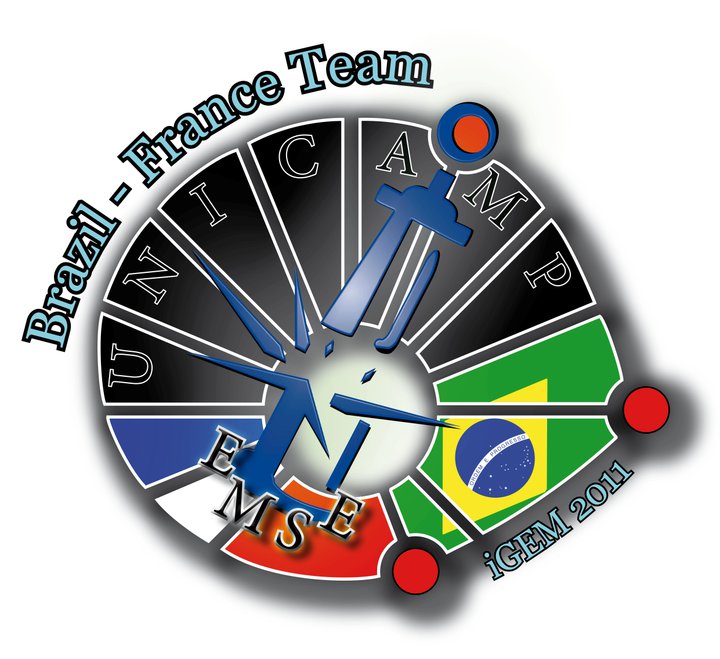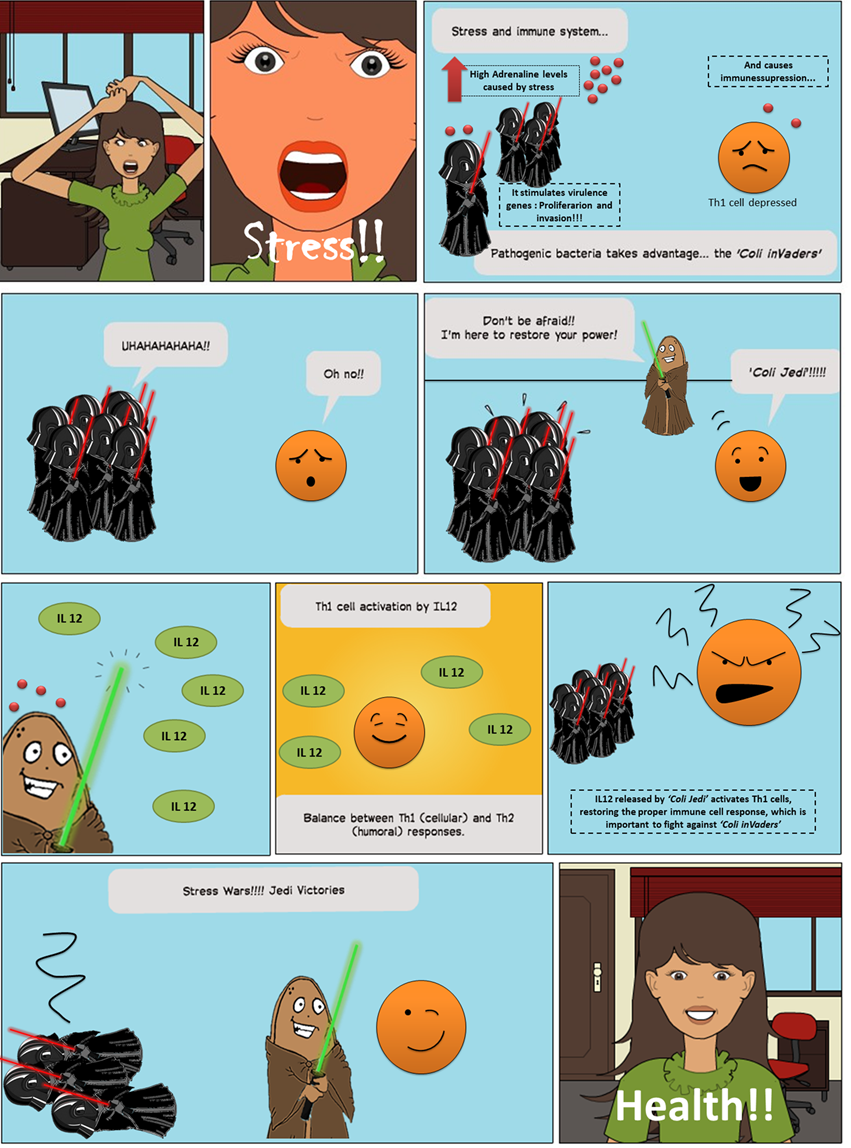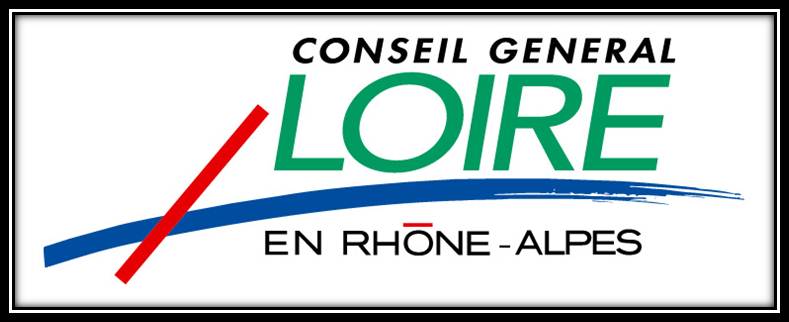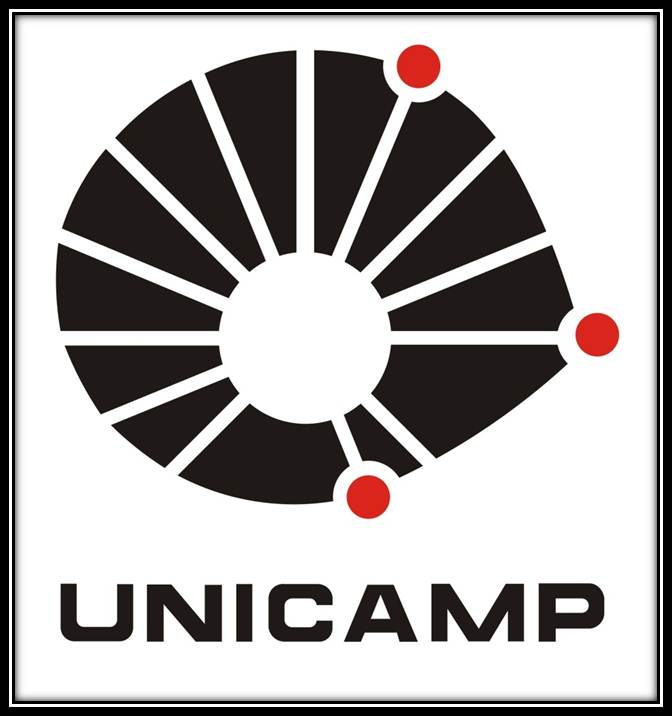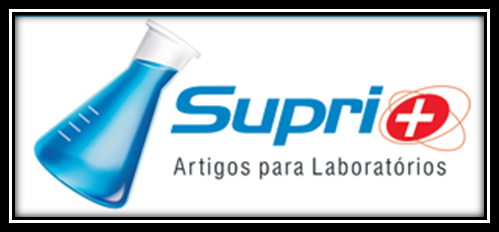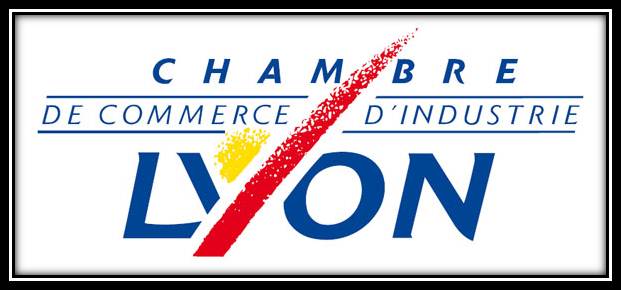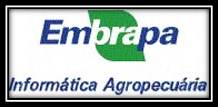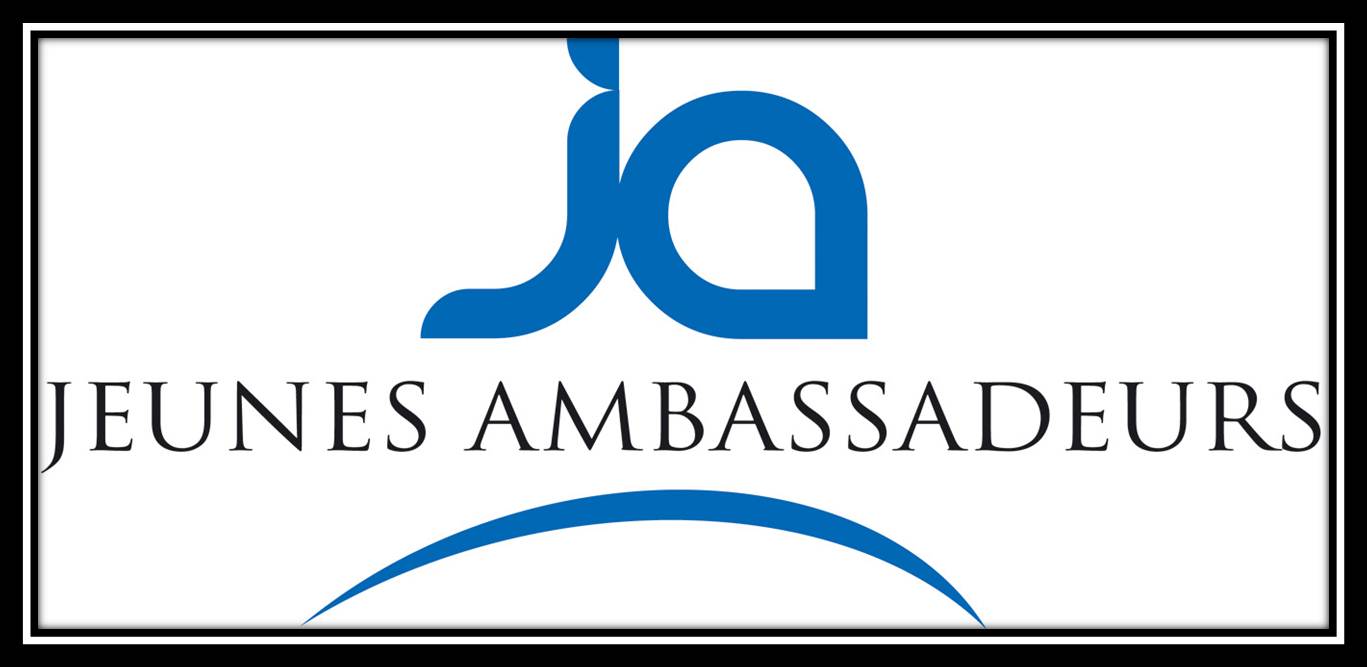Team:UNICAMP-EMSE Brazil
From 2011.igem.org
Neshich.iap (Talk | contribs) |
Neshich.iap (Talk | contribs) |
||
| (42 intermediate revisions not shown) | |||
| Line 1: | Line 1: | ||
| - | {{Template:UNICAMP-EMSE | + | {{Template:UNICAMP-EMSE Brazil_Main_Menu3}} |
<html> | <html> | ||
| - | <img src="https://static.igem.org/mediawiki/2011/9/97/UNICAMP-EMSE_Brazil_Stress_wars_3jedis_lotsBact.png" width=" | + | <img src="https://static.igem.org/mediawiki/2011/9/97/UNICAMP-EMSE_Brazil_Stress_wars_3jedis_lotsBact.png" width="913px"></img> |
</html> | </html> | ||
| Line 7: | Line 7: | ||
==Welcome to the UNICAMP-EMSE team Wiki for iGEM 2011!== | ==Welcome to the UNICAMP-EMSE team Wiki for iGEM 2011!== | ||
| - | + | '''Prepare yourselves for a great battle: THE STRESS WARS!'''<html> | |
| - | '''Prepare yourselves for a great battle: THE STRESS WARS!''' | + | <div align=right> |
| + | <body> | ||
| + | <iframe src="http://www.facebook.com/plugins/like.php?href=http://www.facebook.com/pages/Stress-Wars-Team-iGEM-2011/235672723157781?sk=wall" | ||
| + | scrolling="no" frameborder="0" | ||
| + | style="border:none; width:450px; height:80px"></iframe> | ||
| + | </body> | ||
| + | </div> | ||
| + | </html> | ||
|We are a bi-cultural Franco-Brazilian team composed by students and advisors from UNICAMP (State University of Campinas, Brazil) and EMSE (École Nationale Supérieure des Mines de Saint-Étienne, France). To join iGEM 2011 our team proposes to build two biological devices that will modulate our immune system. This solution has a potential application in biomedical therapeutics, for example, the optimization of the response to various vaccines, as well as the treatment of diseases such as cancer, gut bacterial illnesses and diseases related to excess of Th1 or Th2 lymphocyte lineages. Since stressful situations and various diseases directly affect the balance of our immune system by increasing levels of Catecolamines (CAs), we chose the stress as a model for testing our solution - which is in fact our current project. We aim to create a "Jedi Bacteria" that will contain a particular system that can sense CA and Nitric Oxide (NO) levels and produce citokines to regulate the immune system, leading to homeostasis and immune balance. | |We are a bi-cultural Franco-Brazilian team composed by students and advisors from UNICAMP (State University of Campinas, Brazil) and EMSE (École Nationale Supérieure des Mines de Saint-Étienne, France). To join iGEM 2011 our team proposes to build two biological devices that will modulate our immune system. This solution has a potential application in biomedical therapeutics, for example, the optimization of the response to various vaccines, as well as the treatment of diseases such as cancer, gut bacterial illnesses and diseases related to excess of Th1 or Th2 lymphocyte lineages. Since stressful situations and various diseases directly affect the balance of our immune system by increasing levels of Catecolamines (CAs), we chose the stress as a model for testing our solution - which is in fact our current project. We aim to create a "Jedi Bacteria" that will contain a particular system that can sense CA and Nitric Oxide (NO) levels and produce citokines to regulate the immune system, leading to homeostasis and immune balance. | ||
|[[Image:Logo_v1.jpg|thumb|200px|right|iGEM UNICAMP-EMSE Brazil-France Team logo]] | |[[Image:Logo_v1.jpg|thumb|200px|right|iGEM UNICAMP-EMSE Brazil-France Team logo]] | ||
| Line 14: | Line 21: | ||
==Our project: Stress wars== | ==Our project: Stress wars== | ||
| - | The human immune system comprises a wide range of cells and mechanisms finely regulated to maintain body's homeostasis against eventual | + | [[Image:Jedi_bacteria.png|100px|right|frame|This is Jedi Bacteria, ready to fight against Bad Bacteria]] |
| - | + | The human immune system comprises a wide range of cells and mechanisms finely regulated to maintain body's homeostasis against eventual threats. However, pathological conditions, such as stress and autoimmune diseases, can cause imbalances in its action rendering higher susceptibility to potential pathogens. This imbalance is ultimately observed in the biased differentiation of naive T-CD4<sup>+</sup> Lymphocytes towards T-lymphocyte "helper" class 1 (T<sub>h</sub>1), in autoimmune diseases, or 2 (T<sub>h</sub>2), in stressful condition, favoring cellular or humoral adaptive responses, respectively. This pathological imbalance renders the organism more susceptible to the onset of diseases caused by microorganisms. Thus, a mechanism that counteracts this imbalance is highly desirable. The aim of our project is to use the ability of some microorganisms to sense changes in the host´s body homeostasis, used by them as a signal to trigger expression of virulence factors, to counteract this pathological imbalance. In this sense, the ability of some gut-inhabiting bacteria to sense cathecolamines, which can reach high levels on the gastro-intestinal tract during stress, will be used to trigger the production of IL-12, a potent activator of T<sub>h</sub>1, to counteract the preferential differentiation towards T<sub>h</sub>2. On the other hand, the ability to sense Nitric-Oxide (NO), a compound released at higher levels in inflammatory conditions, will be used to trigger the production of IL-10, a cytokine with a potent anti-inflammatory action. To switch between both responses, a mechanism that can break down the opposite signaling molecule on the recognition of the first signal will be developed. The microorganism bearing these devices will thus be able to restore the appropriate balance between T<sub>h</sub>1 and T<sub>h</sub>2 cells in the host's organism, thus counteracting harmful outcomes of this condition and, hence, improving human life quality. | |
| - | + | ||
| - | + | ||
| - | + | ||
| - | + | ||
| - | + | ||
| - | + | ||
| - | + | ||
| - | + | ||
| + | [[Image:Quadrinhos.jpg|800px|center|]] | ||
<html> | <html> | ||
| Line 56: | Line 56: | ||
Q[19] = "<i> Yeah, those dresses deserve us!</i> Marc Emery (UNICAMP-EMSE team student) about Marianna's dresses" | Q[19] = "<i> Yeah, those dresses deserve us!</i> Marc Emery (UNICAMP-EMSE team student) about Marianna's dresses" | ||
Q[20] = "<i> I am really starting getting worried with you guys!!</i> Iolanda Albuquerque (UNICAMP-EMSE team advisor)" | Q[20] = "<i> I am really starting getting worried with you guys!!</i> Iolanda Albuquerque (UNICAMP-EMSE team advisor)" | ||
| - | + | Q[21] = "<i> Relationship is not like those colorful things where everything fits perfectly ... The name of that is LEGO!</i> Izabella's Mom (mother of one of UNICAMP-EMSE team student)" | |
| + | Q[22] = "<i> Nice to meet you, I am Marianna</i> Marianna Favaro (UNICAMP-EMSE team student, said after Thibault cut his hair and become unrecognizable)" | ||
| + | Q[23] = "<i> Who is this guy?</i> Danieli Gonçalves (UNICAMP-EMSE team student, said after Thibault cut his hair and become unrecognizable)" | ||
| + | Q[24] = "<i> That guy is your friend?</i> Izabella Neshich (UNICAMP-EMSE team student, about Thibault, after he cut his hair and become unrecognizable)" | ||
| + | Q[25] = "<i> But Nemaila said me that it was good!</i> Thibault Sabattier (UNICAMP-EMSE team student)" | ||
| + | Q[26] = "<i> That guy is Caua Reymond</i> Marco Marinho (UNICAMP-EMSE team advisor said after Thibault cut his hair and become unrecognizable)" | ||
| + | Q[27] = "<i> Marc don't put your head inside the flux or try to tan yourself in the UV transilluminator</i> Nemailla Bonturi (UNICAMP-EMSE team advisor warning the little student Marc Emery)" | ||
| + | Q[28] = "<i> Piri-piri-piri-pi-pi-piri-pi (UNICAMP-EMSE team students Izabella, Danieli, Marianna, Juliana and advisor Nemailla singing a traditional song)" | ||
| + | Q[29] = "<i> Everythings works at the end. If it has not worked, it's because we have not arrived to the end (UNICAMP-EMSE team students Izabella, Danieli, Marianna, Juliana and advisor Nemailla singing a traditional song)" | ||
| + | Q[30] = "<i> That guy is your friend?</i> Izabella Neshich (UNICAMP-EMSE team student, about Thibault, after he cut his hair and become unrecognizable)" | ||
| + | Q[31] = "<i> Who are you? What did you do with Thibault?</i> Juliana Canto (UNICAMP-EMSE team student, said after Thibault cut his hair and become unrecognizable)" | ||
| + | Q[32] = "<i> When you are in hell, hugh satan </i> Nemailla Bonturi (UNICAMP-EMSE team advisor, explaining to Claire about the lab life infortunities)" | ||
| Line 99: | Line 110: | ||
</head> | </head> | ||
</html> | </html> | ||
| - | |||
<br> | <br> | ||
<br> | <br> | ||
| - | <br> | + | :::::::::<font size="5" color=teal>''' We kindly thank our sponsors:'''<br> |
| - | <br> | + | |
| - | <br> | + | ::[[Image:UNICAMP-EMSE_Brazil_Amyris_logo_ok.jpg|left|237px|link=http://www.amyris.com/]] <br><br> [[Image:UNICAMP-EMSE_Brazil_Conseil_general_loire_ok.jpg|left|255px|link=http://www.loire.fr/jcms/j_4149/accueil]] [[Image:UNICAMP-EMSE_Brazil_Biorad_ok.jpg|left|235px|link=http://www.bio-rad.com]] |
| - | ===<font size= | + | <br><br><br clear="all" /> |
| - | <div align="center"> | + | [[File:UNICAMP-EMSE_Logo-emse.jpg|center|307px|link=http://www.emse.fr/]]<br> |
| - | [[http://www. | + | [[Image:UNICAMP-EMSE_Unicamp.jpg|center|bottom|237px|link=http://www.unicamp.br/]] |
| - | </div> | + | <br clear="all" /> |
| + | ::::::::<font size="4" color=olive> | ||
| + | </font> | ||
| + | ::::::::<font size="4" color=olive align=center>'''Also Supported by:'''<br><div align="center"> | ||
| + | :: [[Image:UNICAMP-EMSE_Brazil_Supri_mais_ok.png|left|182px|link=http://www.suprimaisartigos.com.br/]][[Image:UNICAMP-EMSE_Brazil_Chambre_de_commerce_Lyon_ok.jpg|left|182px|link=http://www.lyon.cci.fr/]][[Image:UNICAMP-EMSE_Brazil_Embrapa_logo_ok.jpg|left|173px|link=http://www.embrapa.br]][[Image:Jovens_embaixadores.jpg|left|175px|link=http://www.jeunes-ambassadeurs.com/ville.php?idVille=3]]<br> | ||
| + | [[Image:UNICAMP-EMSE_Brazil_Sanofi_pasteur_ok.jpg|center|220px|link=http://www.sanofipasteur.com]]</div> | ||
| + | |||
| + | |||
| + | |||
| + | </font> | ||
| + | <html> | ||
| + | <head> | ||
| + | <script type="text/javascript"> | ||
| + | |||
| + | var _gaq = _gaq || []; | ||
| + | _gaq.push(['_setAccount', 'UA-13209770-10']); | ||
| + | _gaq.push(['_trackPageview']); | ||
| + | |||
| + | (function() { | ||
| + | var ga = document.createElement('script'); ga.type = 'text/javascript'; ga.async = true; | ||
| + | ga.src = ('https:' == document.location.protocol ? 'https://ssl' : 'http://www') + '.google-analytics.com/ga.js'; | ||
| + | var s = document.getElementsByTagName('script')[0]; s.parentNode.insertBefore(ga, s); | ||
| + | })(); | ||
| + | |||
| + | </script> | ||
| + | </head> | ||
| + | </html> | ||
Latest revision as of 22:04, 28 October 2011

| Home | Project | Methods | Results | Data | Team | Notebook | Human Practices | Safety | Profile | Sponsors | Wix |

| We are a bi-cultural Franco-Brazilian team composed by students and advisors from UNICAMP (State University of Campinas, Brazil) and EMSE (École Nationale Supérieure des Mines de Saint-Étienne, France). To join iGEM 2011 our team proposes to build two biological devices that will modulate our immune system. This solution has a potential application in biomedical therapeutics, for example, the optimization of the response to various vaccines, as well as the treatment of diseases such as cancer, gut bacterial illnesses and diseases related to excess of Th1 or Th2 lymphocyte lineages. Since stressful situations and various diseases directly affect the balance of our immune system by increasing levels of Catecolamines (CAs), we chose the stress as a model for testing our solution - which is in fact our current project. We aim to create a "Jedi Bacteria" that will contain a particular system that can sense CA and Nitric Oxide (NO) levels and produce citokines to regulate the immune system, leading to homeostasis and immune balance. |
Our project: Stress wars
The human immune system comprises a wide range of cells and mechanisms finely regulated to maintain body's homeostasis against eventual threats. However, pathological conditions, such as stress and autoimmune diseases, can cause imbalances in its action rendering higher susceptibility to potential pathogens. This imbalance is ultimately observed in the biased differentiation of naive T-CD4+ Lymphocytes towards T-lymphocyte "helper" class 1 (Th1), in autoimmune diseases, or 2 (Th2), in stressful condition, favoring cellular or humoral adaptive responses, respectively. This pathological imbalance renders the organism more susceptible to the onset of diseases caused by microorganisms. Thus, a mechanism that counteracts this imbalance is highly desirable. The aim of our project is to use the ability of some microorganisms to sense changes in the host´s body homeostasis, used by them as a signal to trigger expression of virulence factors, to counteract this pathological imbalance. In this sense, the ability of some gut-inhabiting bacteria to sense cathecolamines, which can reach high levels on the gastro-intestinal tract during stress, will be used to trigger the production of IL-12, a potent activator of Th1, to counteract the preferential differentiation towards Th2. On the other hand, the ability to sense Nitric-Oxide (NO), a compound released at higher levels in inflammatory conditions, will be used to trigger the production of IL-10, a cytokine with a potent anti-inflammatory action. To switch between both responses, a mechanism that can break down the opposite signaling molecule on the recognition of the first signal will be developed. The microorganism bearing these devices will thus be able to restore the appropriate balance between Th1 and Th2 cells in the host's organism, thus counteracting harmful outcomes of this condition and, hence, improving human life quality.
- We kindly thank our sponsors:
- We kindly thank our sponsors:
- Also Supported by:
- Also Supported by:
 "
"
